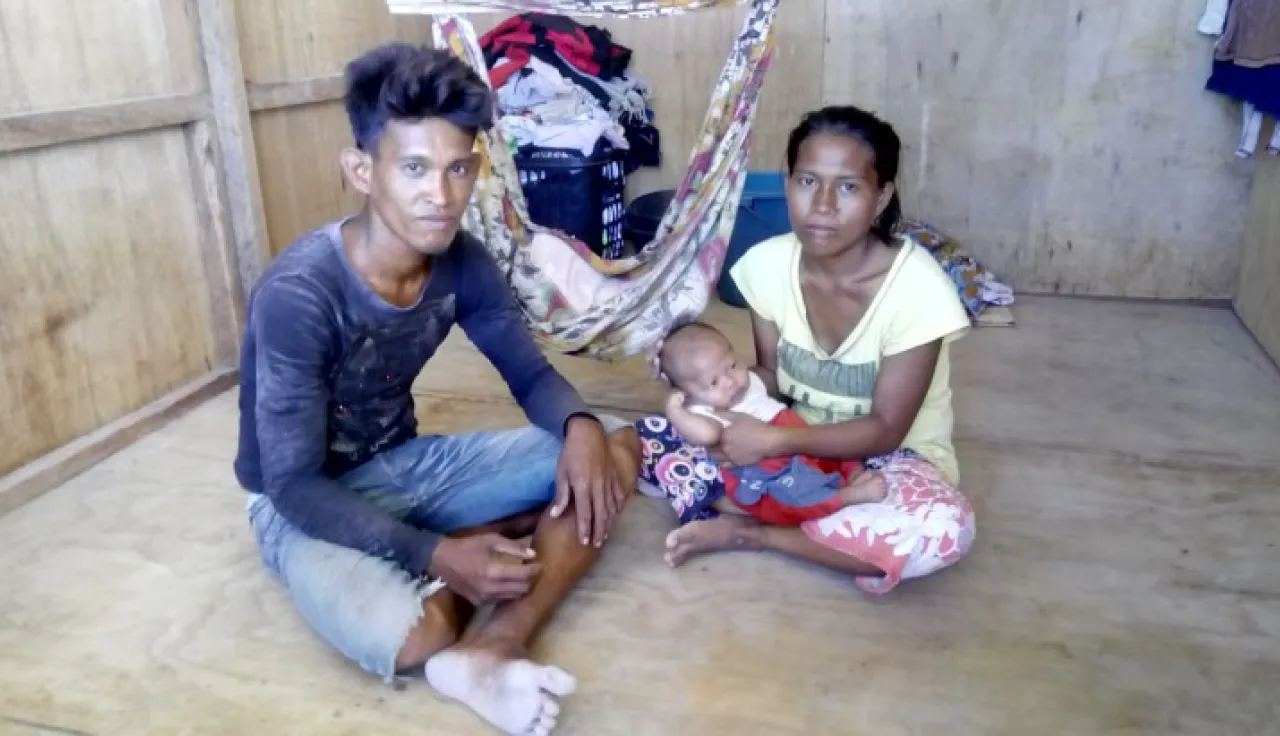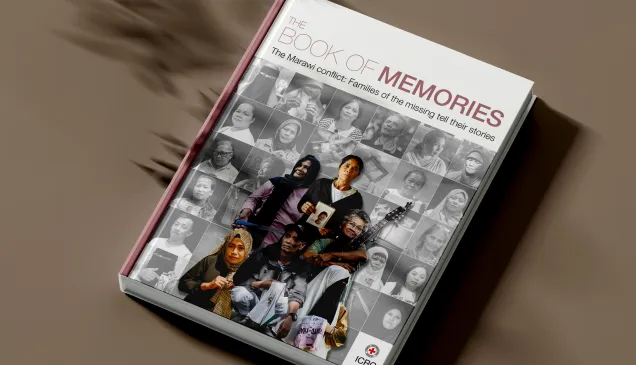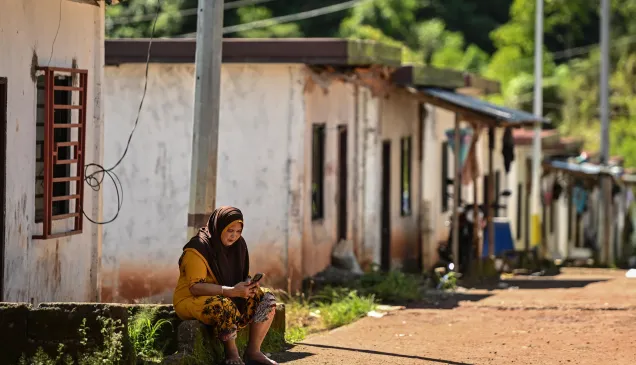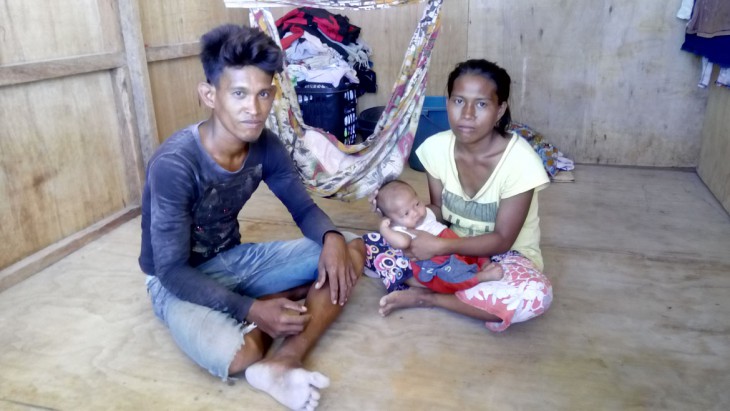
With the completion of a new health facility, health care has become more accessible for displaced families – like the Paujani family – in Masepla transition site. CC BY-NC-ND / ICRC / R. Ang
Manila (ICRC) – Health care has become more accessible for around 5,400 displaced people staying in Masepla transition site, in Zamboanga City, with the completion of a new health station.
The fully equipped health station, built with the support of the ICRC, was inaugurated today. This 70-square-metre facility will allow internally displaced persons (IDPs) in Masepla transition site to receive primary health-care services, including general consultations and immunizations, without having to travel two kilometres to reach the nearest health centre, in Barangay Mampang.
“We are thankful that the Red Cross built a health station here. We will not have difficulty anymore in times that we need a doctor. The health centre in Mampang is far. It’s not easy to go there especially since we don’t have money for transport,” shared Reyna Paujani, a mother of two and a member of the Badjao community.
The transition site itself is some 45 minutes away from the city centre, making access generally difficult for the IDPs.
"Now there's a health station near us. We can go there any time we need medicine or consultation services," added Benita Sayson, who has eight children with her husband Junie.
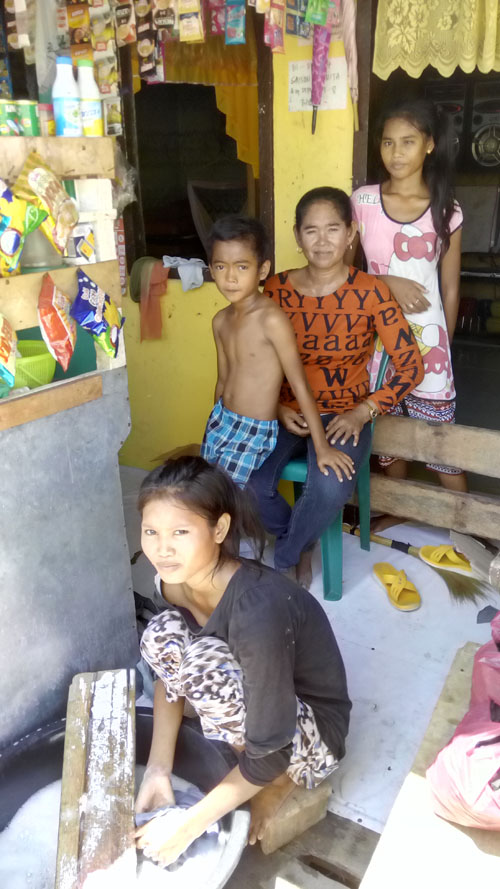
The Sayson family is grateful that there is a new health station near their community. CC BY-NC-ND / ICRC / R. Ang
The Masepla health station was built to improve access to health care for IDP families and the surrounding community. While the ICRC supported the construction of the facility and supplied medical equipment and furniture, the Department of Health and the City Health Office will provide the staff to deliver health-care services.
With the Philippine Red Cross (PRC), the ICRC also supplies clean drinking water daily to Masepla transition site. Altogether, these efforts contribute to ensuring the well-being of the displaced families.
Since the clashes in Zamboanga in September 2013, the ICRC has been working closely with the PRC to assist those who were displaced. In 2014, it built two multipurpose halls hosting health activities in Tulungatung and Taluksangay sites, and repaired the Rio Hondo health station. Vulnerable IDP children and pregnant/lactating women continue to benefit from a nutrition programme launched in May 2014, while various cash-for-work activities have continued to benefit IDPs and their communities.
"There has been progress to return some displaced to their homes and to move others to transition/permanent sites. Despite this, many IDPs still struggle to find work, and the present water crisis affecting Zamboanga City adds to their daily challenges. As such, there are still needs to be met," said Timothy Richmond Yates, head of the ICRC's Mindanao sub-delegation.
The ICRC is a neutral, impartial and independent humanitarian organization whose mandate is to protect and assist people affected by armed conflict and other situations of violence. It has had an established presence in the Philippines for over 60 years, and a permanent presence in Mindanao since 1986.
For further information, please contact:
Allison Lopez, ICRC Manila, tel: +63 908 868 6884
Wolde Gabriel Saugeron, ICRC Manila, tel: +63 918 907 2125

